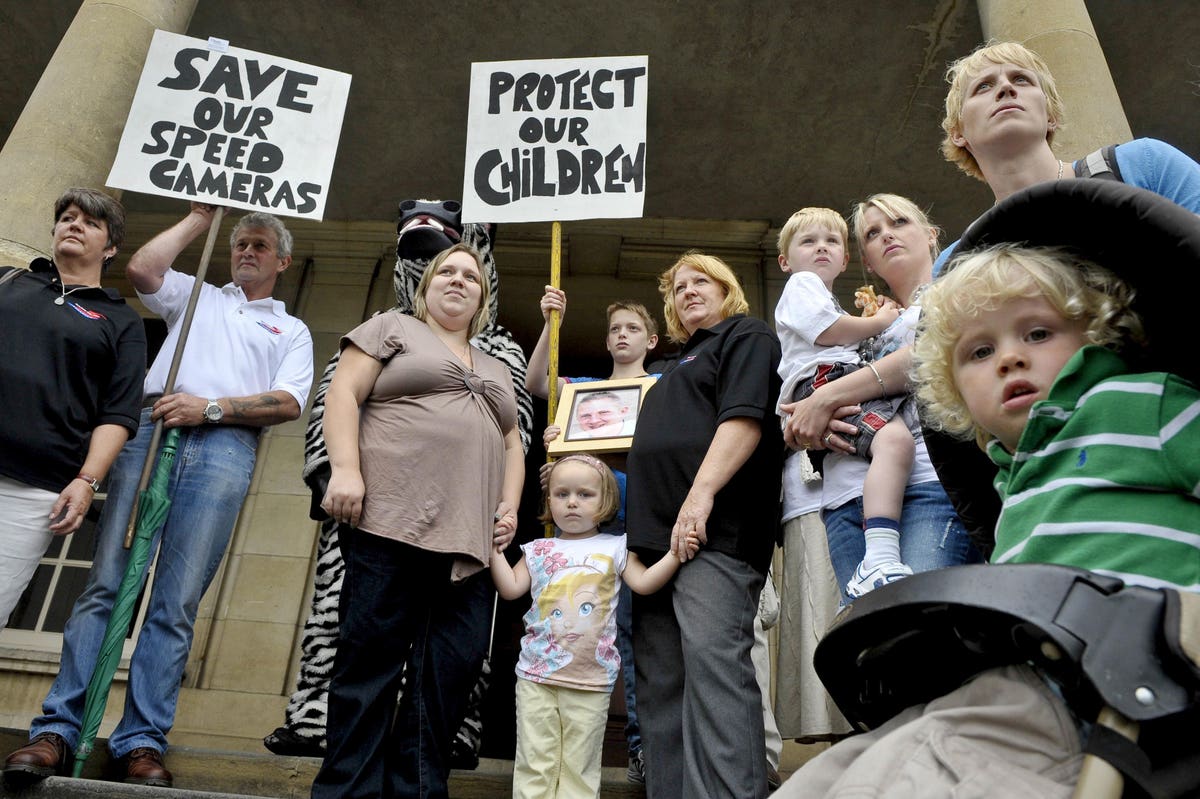- cross-posted to:
- [email protected]
- cross-posted to:
- [email protected]
Statistics published today by the U.K. Department for Transport (DfT) show that in 2022 85% of the car drivers in Great Britain broke the law by driving faster than the speed limit in 20mph zones. On roads with a 30mph maximum, 50% of car drivers broke the law, reveals the annual DfT report on speed limit compliance.
The measurements are based on speed data from a sample of Automatic Traffic Counters (ATCs) around the country. These exclude locations where external factors might restrict driver behavior, such as at junctions, on hills, beside sharp bends or where speed cameras are visible, says the DfT report.



You are missing the point that speed limits are imposed because of the history of that road or type of road. Councils have a duty of care and must be seen to apply it.
London council was fined because a young child died with asthma. The parent sued because she was not made aware of the problem. She claimed there was not enough information regarding air quality. This is why you see ULEZ in the London area. If some poor kid is hurt by a car and they cannot prove the driver was speeding, then you have to assume the speed limit is too high. This is the culture we have adopted to protect ourselves from libel suites. The speed limit is not applied to piss you off, it is for the protection of others who use the road.
If this is unacceptable to you then write to your council and tell them that you will accept any liability claims for that road if they up the speed limit. You may also need to convince the people who live there, and send their kids out across that road.
Agree with what you said in full.
A lot of the conversation seems to be starting with “I don’t see why it should be 20mph so I’m going to ignore it”. I think your comment goes some way to explaining why this kind of thinking isn’t appropriate.
Roads aren’t just about cars and drivers.
Thanks. People can be very insular when it comes being inconvenienced.
I’m not missing the point at all. I’m saying that those that already break the rule won’t obey the new rule.
Beside a single car has a driver who is liable. A thousand cars has shared liability in the form of local government. Damage through speeding is a singular liabilty. Damage through air quality is group liability.
You can’t compare the two.
@wewbull @Syldon You compared the two.
@wewbull
That’s categorical thought, which is an error with a continuous variable such as speed.
That they break, or do not break, the law (“rule” doesn’t quite describe it).
You may also care to consider that if one driver does not exceed the limit, it moderates the speed of others behind - you’ve presented this as an individual decision, uninfluenced by others, but even taken as a guideline others have influence.
I am comparing the liability issue and how responsible people react. There is a huge problem with liability claims and costs. People in charge of money need to show they have done due diligence. You are right that some will never obey the rules, but that comes under an SEP (somebody else’s problem). It will no longer be the problem of a council.